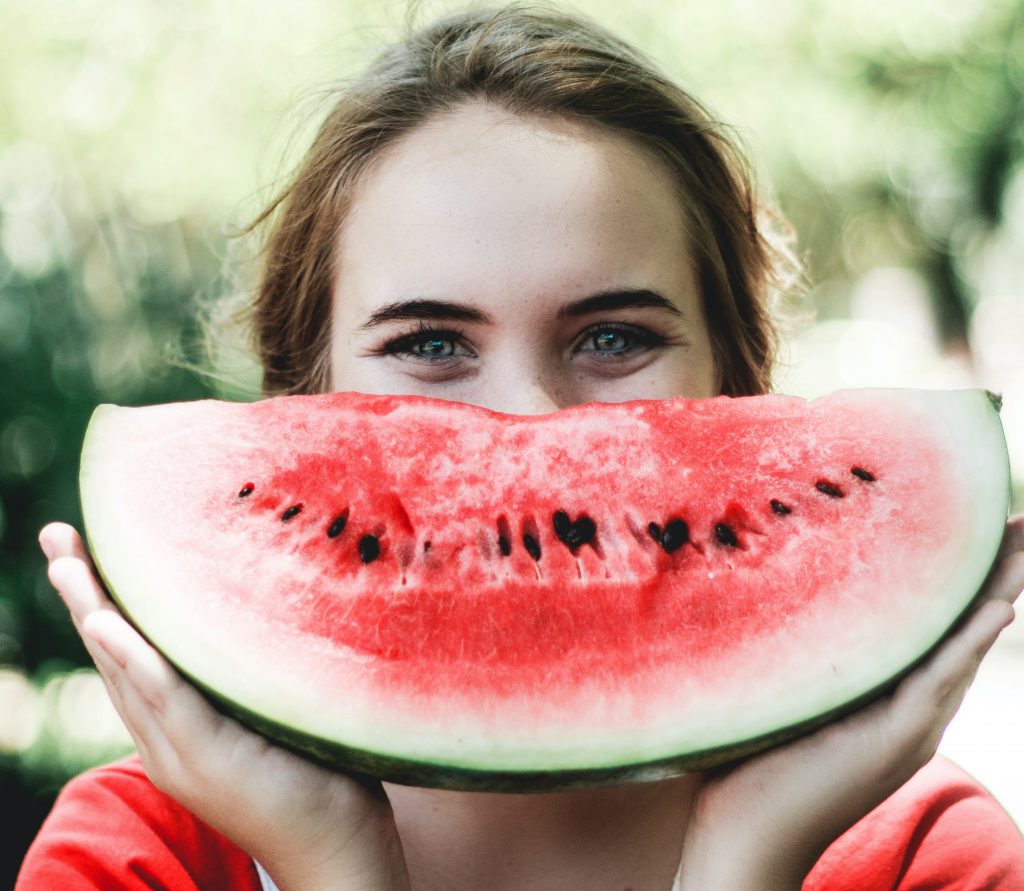Roughly 1 in 6 people will experience a common mental health problem (e.g. depression) each week in the UK. There is research that some people’s mental health can dip for many years after their stoma-formation surgery. Feeling like “I’m still me” is so important and we’d like to support you with your mental wellbeing.
No matter what stage of your stoma journey you’re at, we’re here to help boost your brain’s production of ‘happy biochemicals’ and how well it can use them. We’ve rounded up our top nutrition advice for you to use in your meals each day.
For some more ideas of how to maximise your mental wellbeing through food you can take a look at our “I’m still me” Ostomates Journal
Emotional wellbeing note: If you would like support with your emotional wellbeing, please speak with your medical team which includes your stoma specialist nurse. There are lots of people and resources to support you, you’re not alone.
For 24/7 mental health support, you can also:
Call Samaritans via 116 123
Text ‘Shout’ to the Shout mental health charity via 85258
Nutrition note: The advice we provide doesn’t replace tailored diet advice from your healthcare professional.
Creating and boosting ‘happy biochemicals’
Feeling a spectrum of emotions is normal throughout a lifetime, including along a stoma surgery journey. Certain nutrients are especially useful in creating biochemicals that our brains use to feel positive emotions, or cope with and reduce the less desirable ones.
- Eating high-protein food at every meal gives your body the building blocks to create the biochemicals your brain needs e.g. meat, poultry, eggs, yogurt (animal or soy-based), and tofu.
- B12 is absorbed in the end of your small intestine and it’s possible to become deficient in B12 after ileostomy-formation surgery. Some people are unable to absorb much B12 due to particular medications or their genetics.
Try to include 2-3 high-B12 foods every day e.g. fish, meat, eggs, yogurt, plant-based yogurts and milk (check the nutrition label says it has added B12), yeast extract either as a spread or a drink.
- There is lots of Vitamin B9 (also called folic acid) in green vegetables. You may find green vegetables, especially if they’re not cooked until quite soft, affect how much liquid you lose through your bowel stoma. B9 is also found in oranges, meat, poultry, yeast or meat extracts, wholegrain foods like brown rice, and beans. If you have an ileostomy, you may find you can manage small amounts of well-chewed whole grain foods and beans.
- Omega 3 is also important and we have some nutrition tips for how to eat more in our “I’m still me” Ostomates Journal.
Other nutrition tips to help your mental wellbeing
- Magnesium has been linked to helping reduce anxiety and is an electrolyte that’s absorbed at the end of your small intestine. If you’ve had an ileostomy formed then you may become deficient, especially in the 6-8 weeks after surgery.
You can find magnesium in nut butter, chia seeds, wholegrain foods like oats (all 3 may thicken liquid stools), wholewheat pasta, fruits, and vegetables. It’s worth experimenting with how much and how often your gut can manage these types of foods – everyone is different!
- Sweeteners (e.g. saccharin and stevia) can change the balance of the bacteria in the gut and this may influence mental wellbeing. Sweeteners might also cause you to lose excess liquid through your stoma. You can swap squash/cordial for water with fresh fruit slices, try ‘cold infusion’ tea bags (available in most supermarkets), or have the occasional fruit juice.
- Drinking 2L of water a day and not losing excessive amounts through your stoma can help you stay as hydrated as possible. The better hydrated you are, the more balanced your mood and energy levels are likely to be.
We’ve got some top hydration tips in our “Living with a Urinary Catheter Hydration Guide”
Further support
For more nutrition advice, especially before surgery, you may find our ‘Simple Steps Exercise Guidebook’.
For extra nutrition advice, especially after surgery, you may find our nutrition guide and recipe booklets helpful. Head to Ostomates Kitchen to download the guides.
If you’d like tailored advice, your hospital team can likely refer you to their specialist dietitian. You can also self-refer to a private practice dietitian on the Freelance Dietitians website.
Laura Coster is a Registered Dietitian who is passionate about helping people feel confident in managing their health and find joy through what they eat. 

